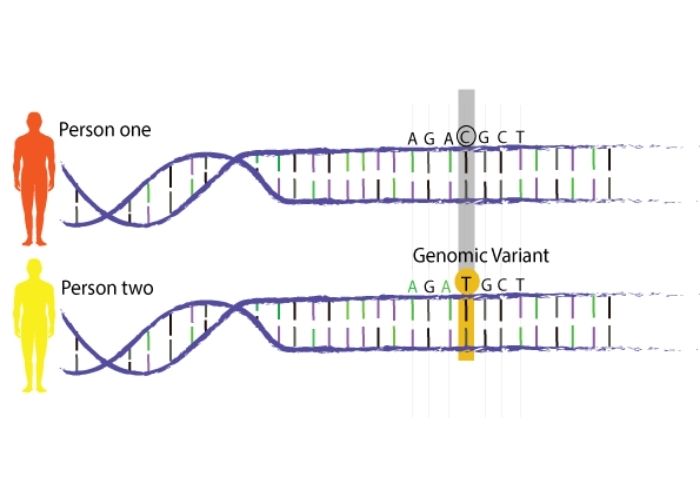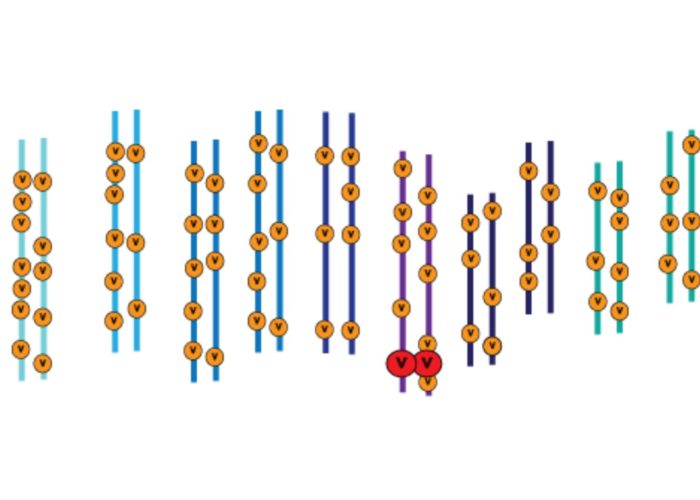What can genetic testing reveal?
Genetic testing involves examining your DNA, the chemical database that carries instructions for your body’s functions. The results of genetic testing help you make informed decisions about your health and the health of your family. The results of genetic testing can be used to diagnose a variety of conditions, including obesity, diabetes, skin pigmentation disorders, and hair loss.
Here is an informative video on genetic testing featuring Dr Bruce from Mount Sinai Institute
DNA Genotyping
DNA genotyping is the process of using DNA testing to identify an individual’s genetic makeup. This information can be used for a variety of purposes, such as determining ancestry, paternity, or susceptibility to certain diseases.
How Is DNA Genotyping Performed?
DNA tests have become increasingly popular in recent years, as they provide a quick and easy way to obtain information about an individual’s genetic risk of disease. There are a variety of DNA tests available, and the type of test used will depend on the purpose for which it is being conducted.
Overview of DNA Genotyping
Single nucleotide polymorphisms (SNPs) are the most common type of genetic variation. SNPs occur when a single nucleotide (A, C, G, or T) in the genome differs between individuals. Most people carry the same nucleotide at a specific position in the genome, but in a minority of individuals, this nucleotide is replaced by another nucleotide. This means that there is an SNP at this specific position with two possible nucleotide variations: the original nucleotide and the alternate nucleotide.
How do They help In Personalised Healthcare?
SNP genotyping can be used to predict an individual’s risk of developing certain diseases or to design targeted therapies that are specific to the genetic basis of the disease. SNPs are also associated with differences in drug metabolism, response to environmental factors, and susceptibility to infections. Therefore, SNP genotyping is a powerful tool that can be used to personalize healthcare
Nutrigenomics: Cutting Edge Personalised Diet Partner
Nutrigenomics is a rapidly growing field of research that aims to tailor dietary recommendations to an individual’s unique genetic makeup. The rationale behind nutrigenomics is that everyone has a different set of genes, and therefore each person may respond differently to nutrients in the diet. For example, some people may have genes that make them more likely to develop obesity or type 2 diabetes when they consume a high-fat diet, while others may be able to tolerate a higher fat intake without these negative health effects. Nutrigenomics helps to mitigate any disorder risk by screening for problem causing genes.
How Genetic Testing is efficient than other tests?
DNA testing is a powerful tool that can provide individuals and families with important information about their health. The potential benefits of genetic testing are many and include the ability to take preventative measures against the disease, the peace of mind that comes with knowing one’s risks, and the ability to make informed decisions about medical care.





